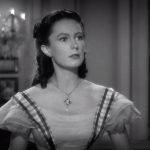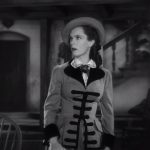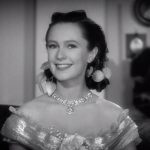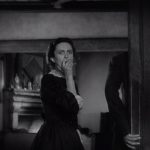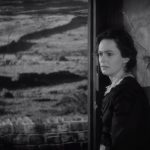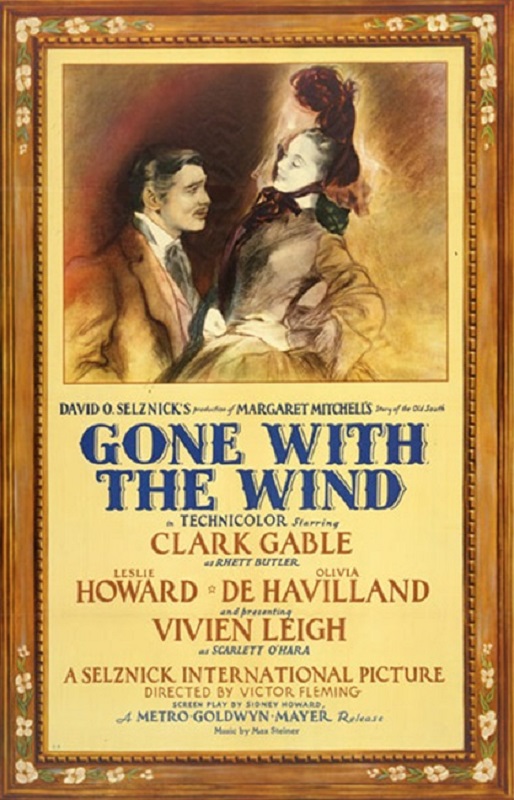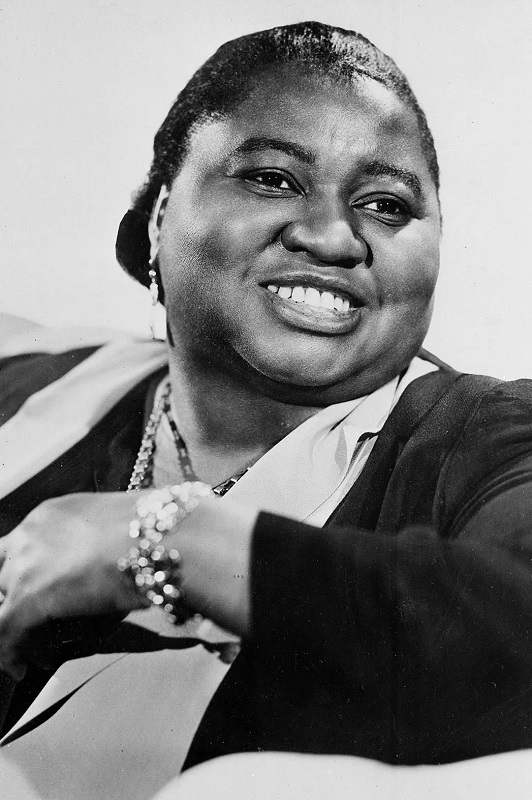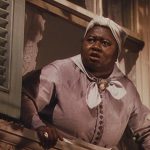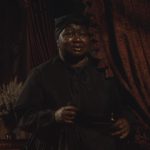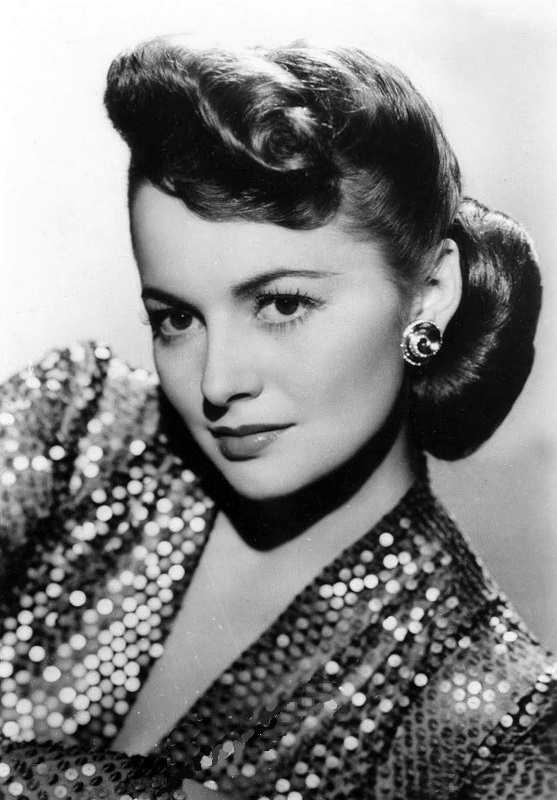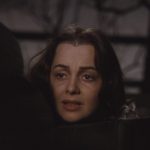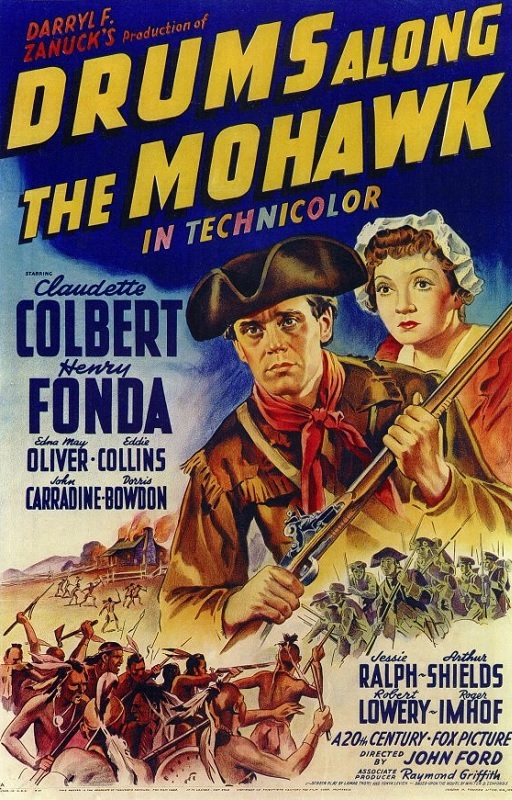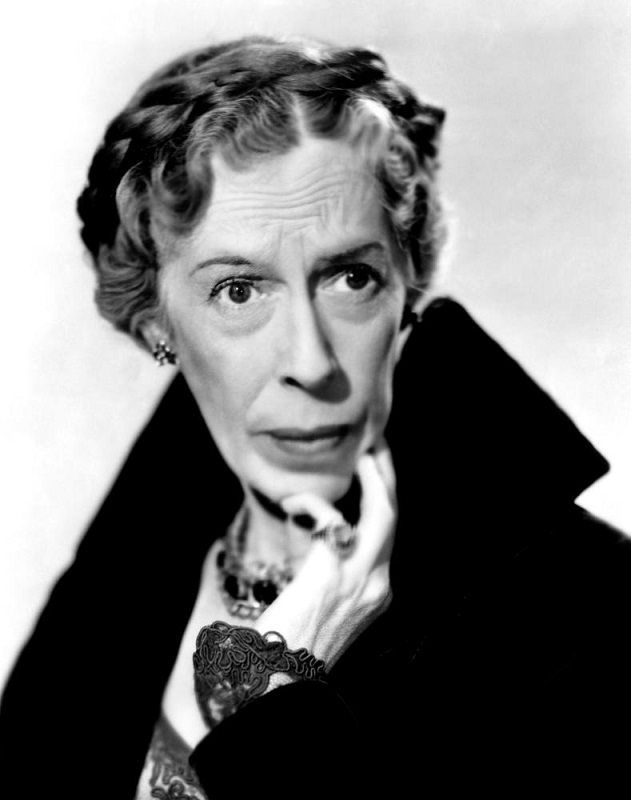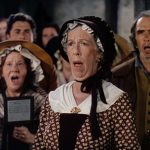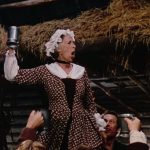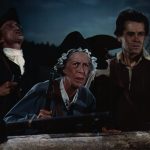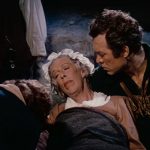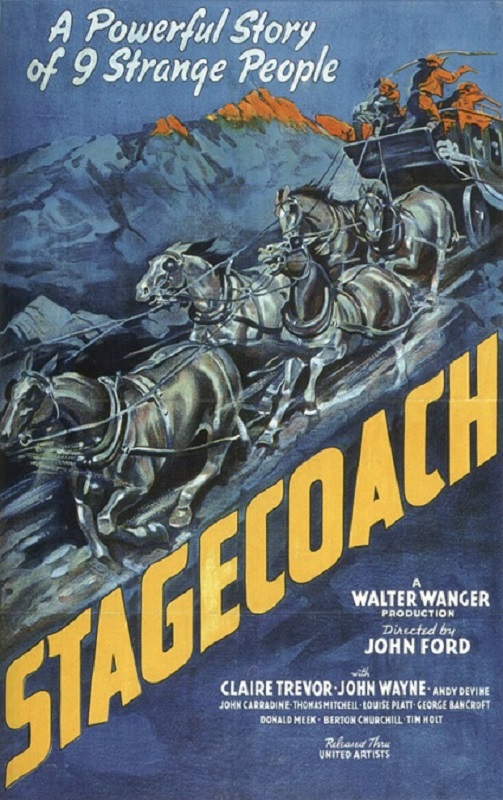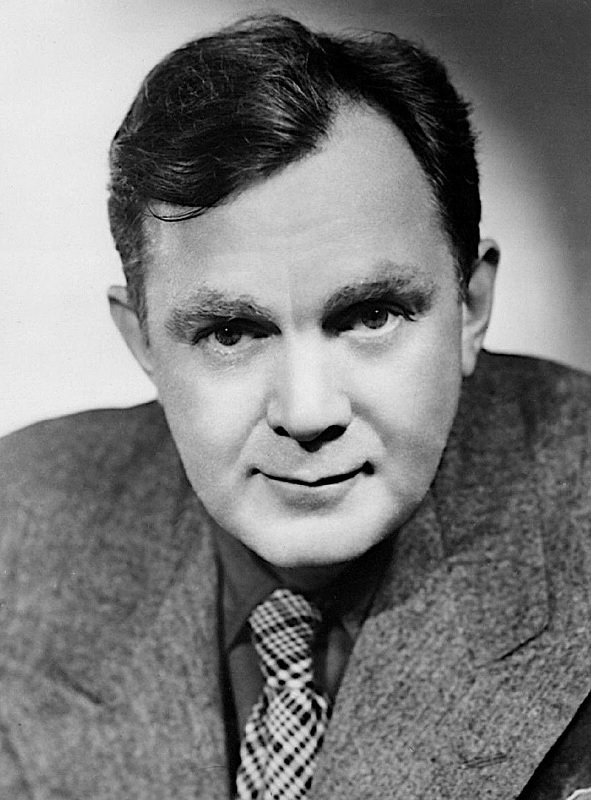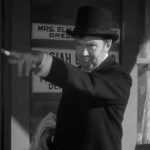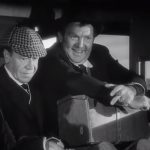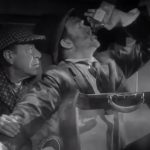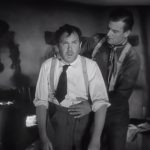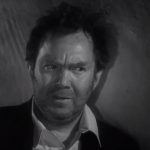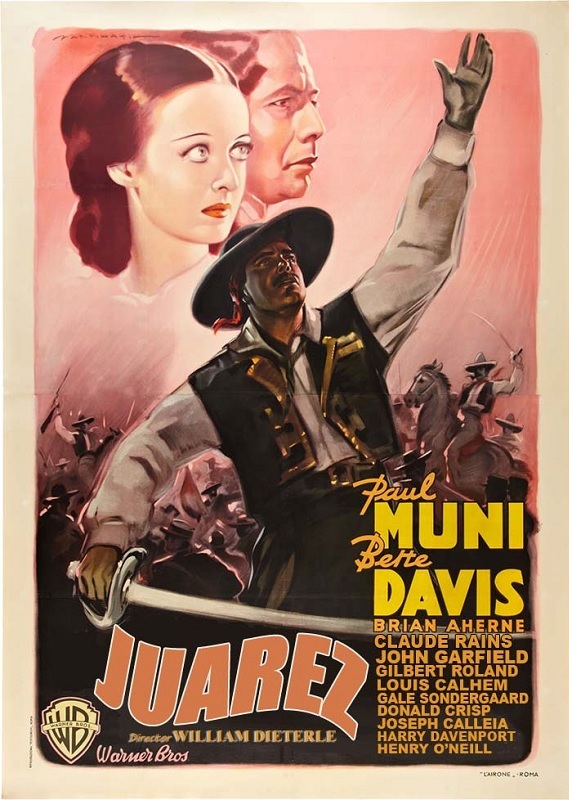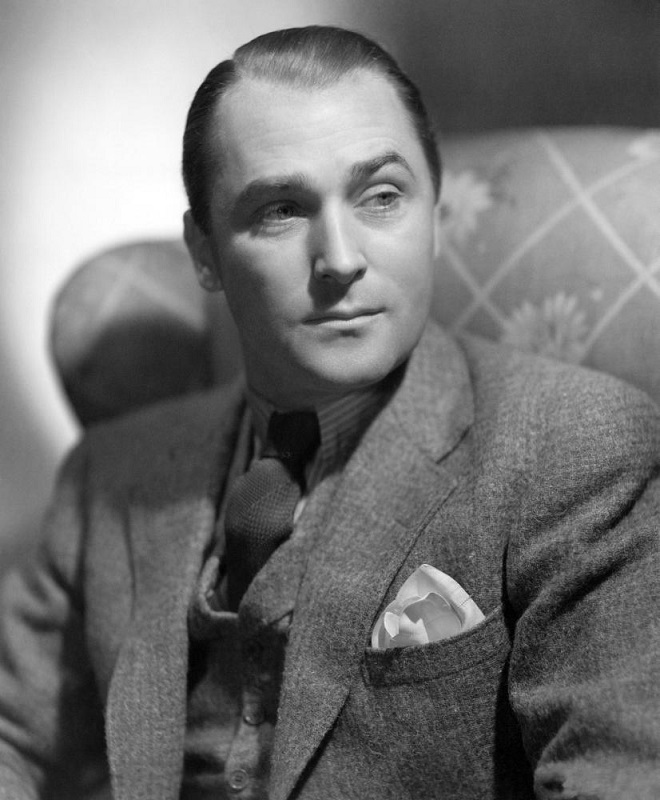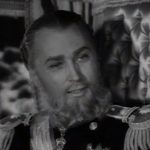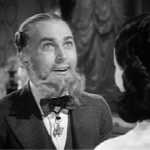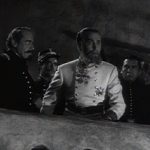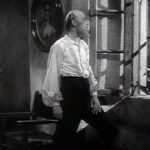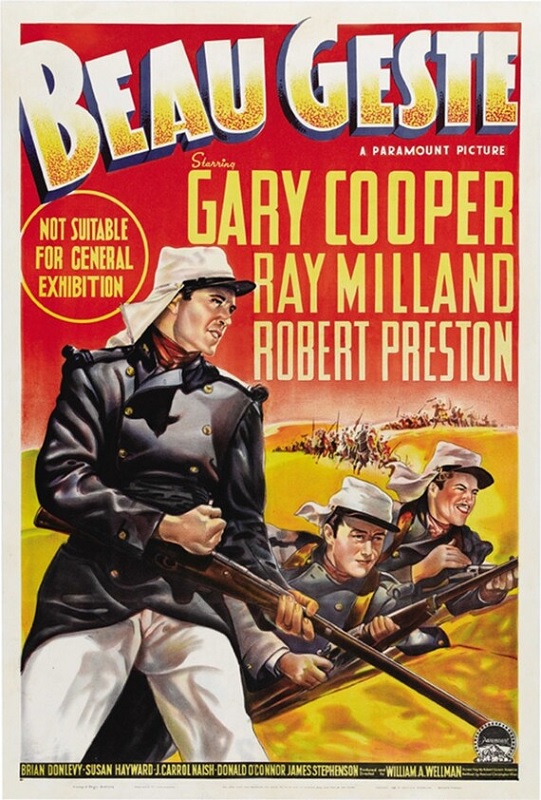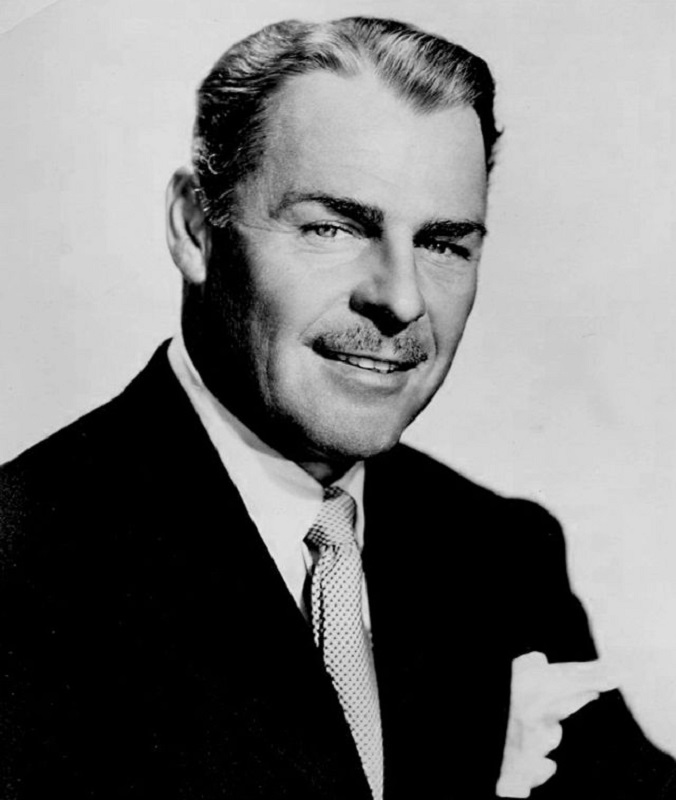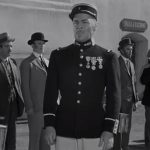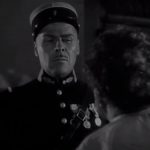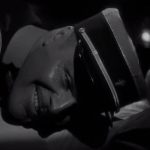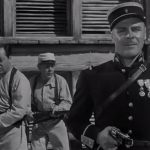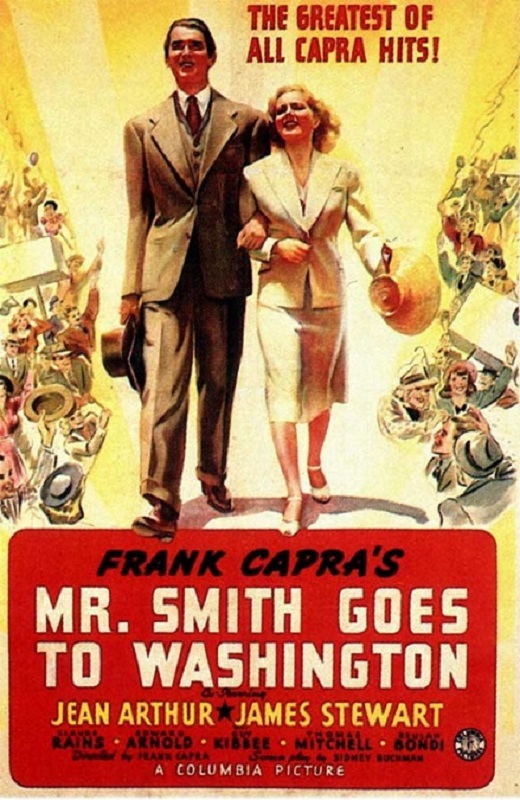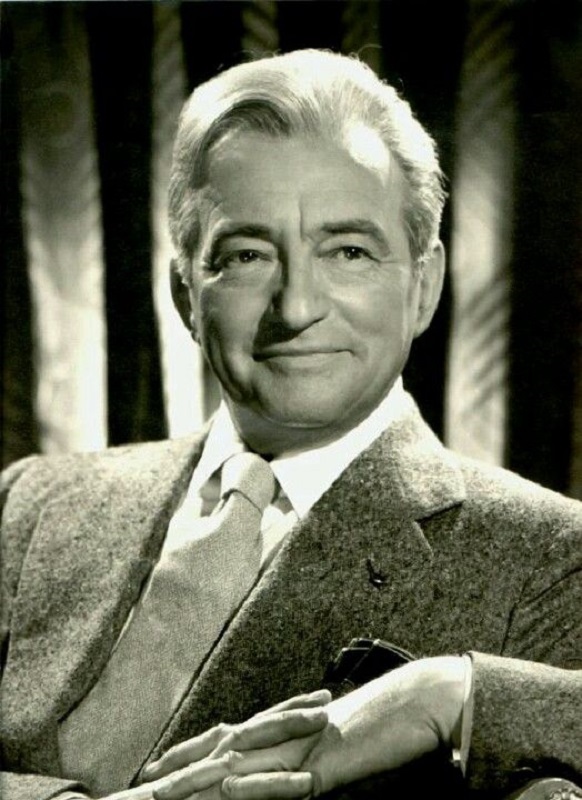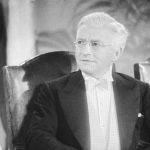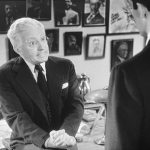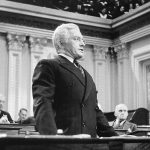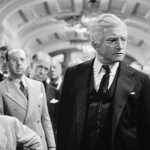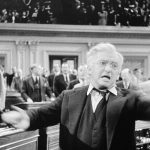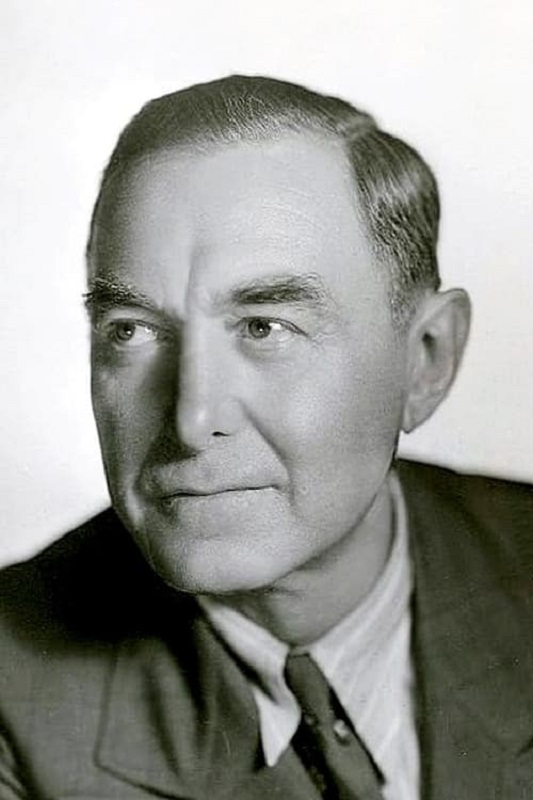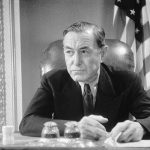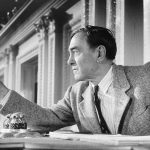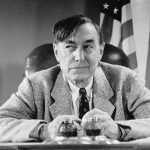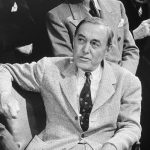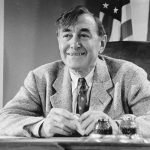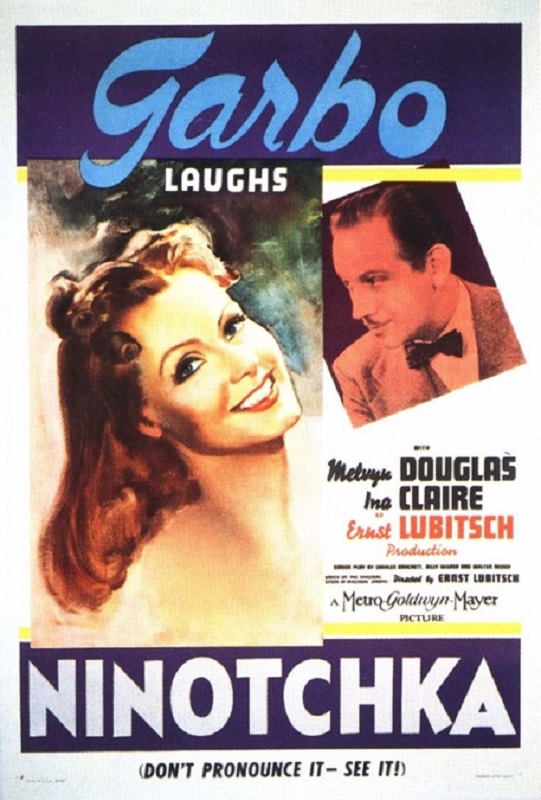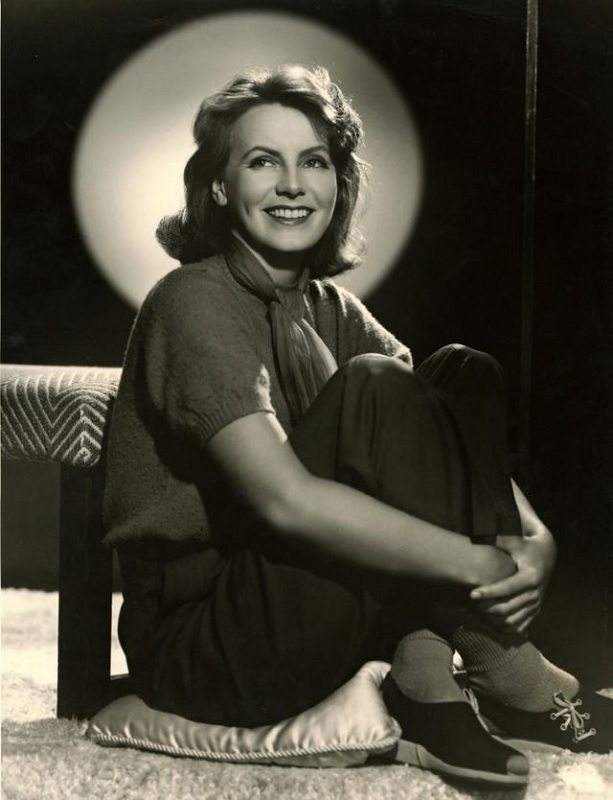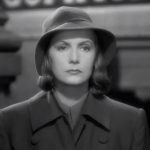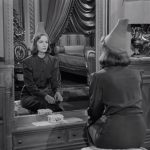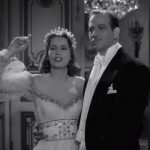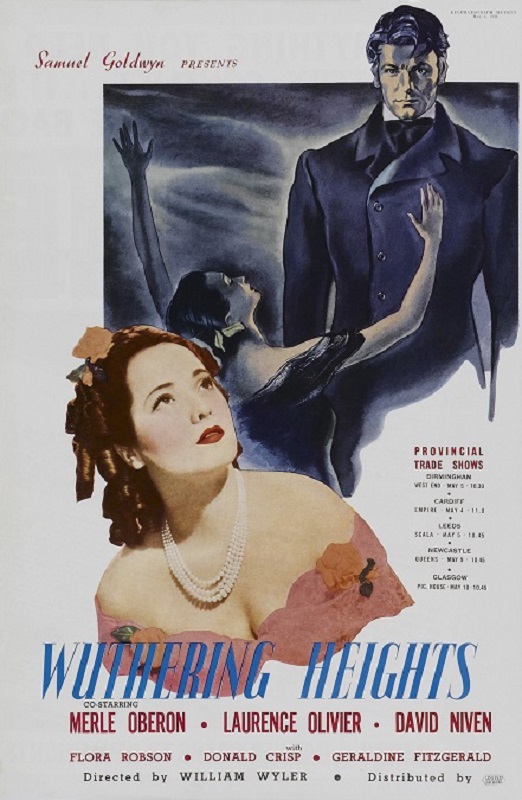
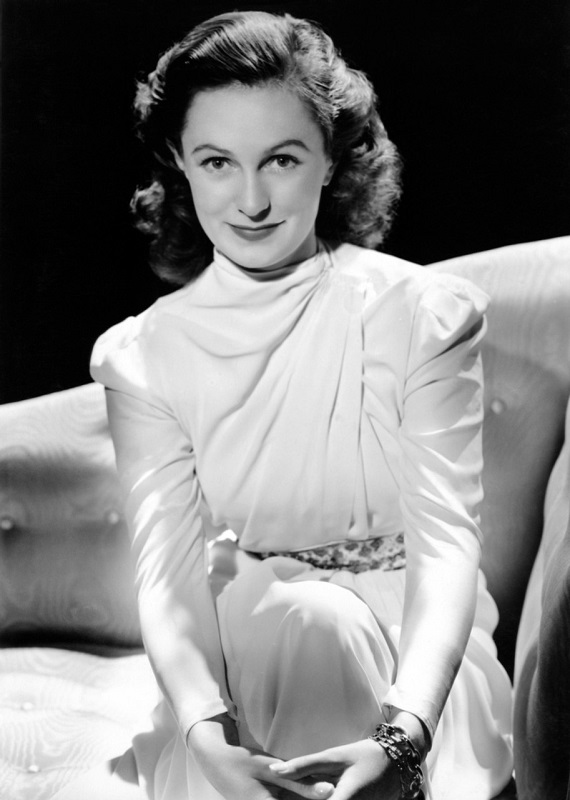

1939 – Geraldine Fitzgerald
Wuthering Heights
Geraldine Fitzgerald played a small but pivotal role in this film. Besides a few brief seconds of screen-time at the beginning, before the main story of the film, which was all a flashback, she didn’t even show up until the last third of the film, and her character didn’t really have a huge influence on the main plot. But she did provide a bit of much-needed character development for the film’s leading man. She brought to light just how cruel he could be, and how low he was willing to sink in his pursuit of the woman with whom he was obsessed.
She played the part of Isabella Linton, a young girl full of innocence and naiveté: innocent because of her inexperience with the world, and naïve because of her believe in the inherent goodness of all men. This is what Fitzgerald had to work with. She played the part as a young woman fascinated with an obviously bad man, willfully ignoring the council of her brother and her sister-in-law. Her first introduction to Heathcliff was hearing him unapologetically tell the tale of how he underhandedly took possession of his rival’s land and title, all for the purpose of revenge. But she ignores his vengeful intentions, and calls him misunderstood.
So how did Fitzgerald bring this across? Well, she certainly had a beautiful and youthful appearance. The first time we see her, she has the look of a child in her teens. Isabella was played as pleasant enough, but willful and petulant, contradicting her elders simply because they were her elders. But by the end, her youthfulness seems to fade just enough to show that her childish ideals have been revealed as lies. Her innocence has vanished, and Heathcliff’s insincerity and indifference toward her is fully revealed. She is clearly still young, but broken. And yet, even though she knows her marriage to him was his way of being close to his beloved Cathy, she continues to throw herself at him, begging him to love her.
There was some real emotion to the character, and Fitzgerald played it all with sincerity. In fact, at the end, I’d almost that she was the same haggard woman we saw in the very beginning of the movie. Broken and worn, inside and out. I’d say her Best Supporting Actress nomination was well-deserved.

